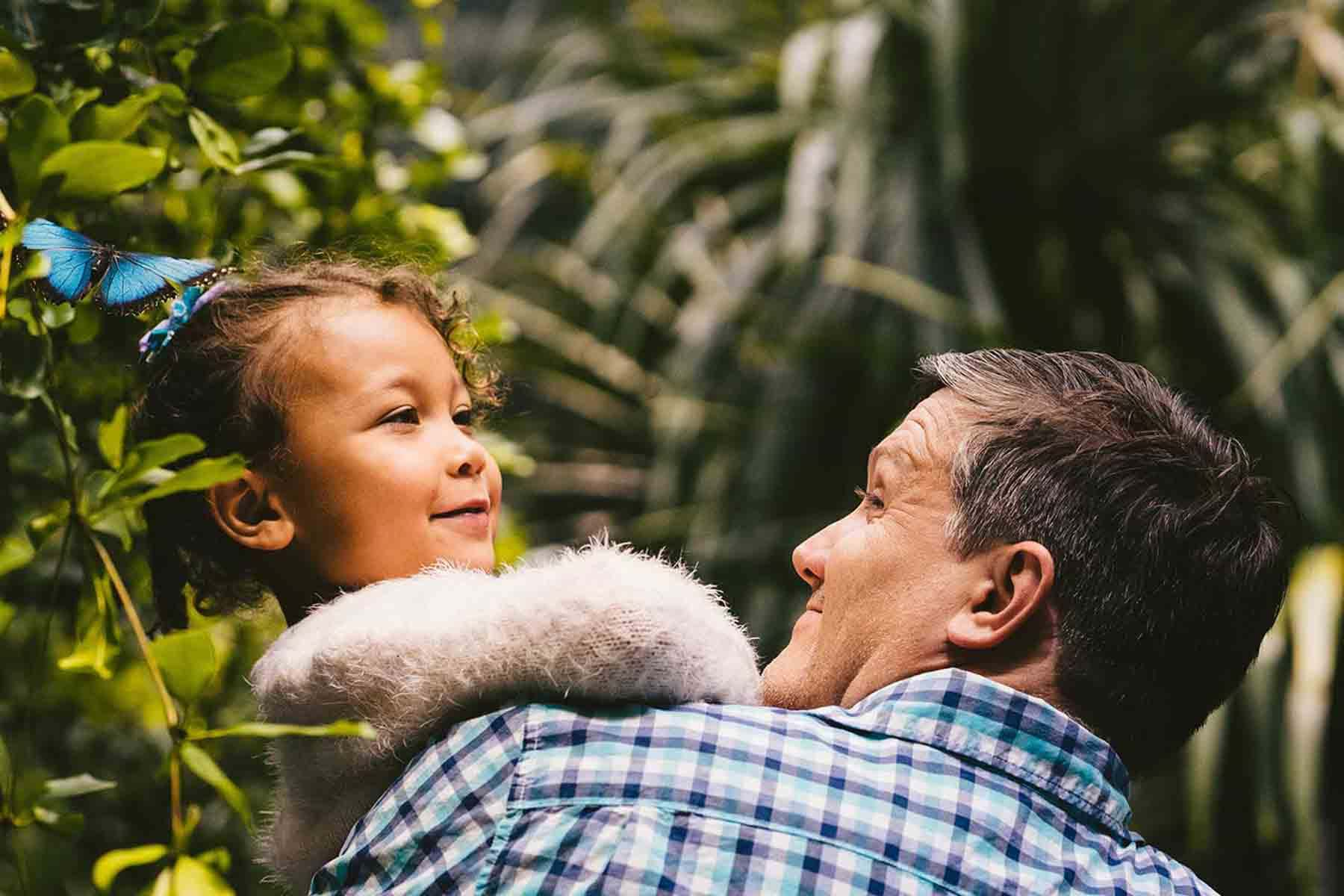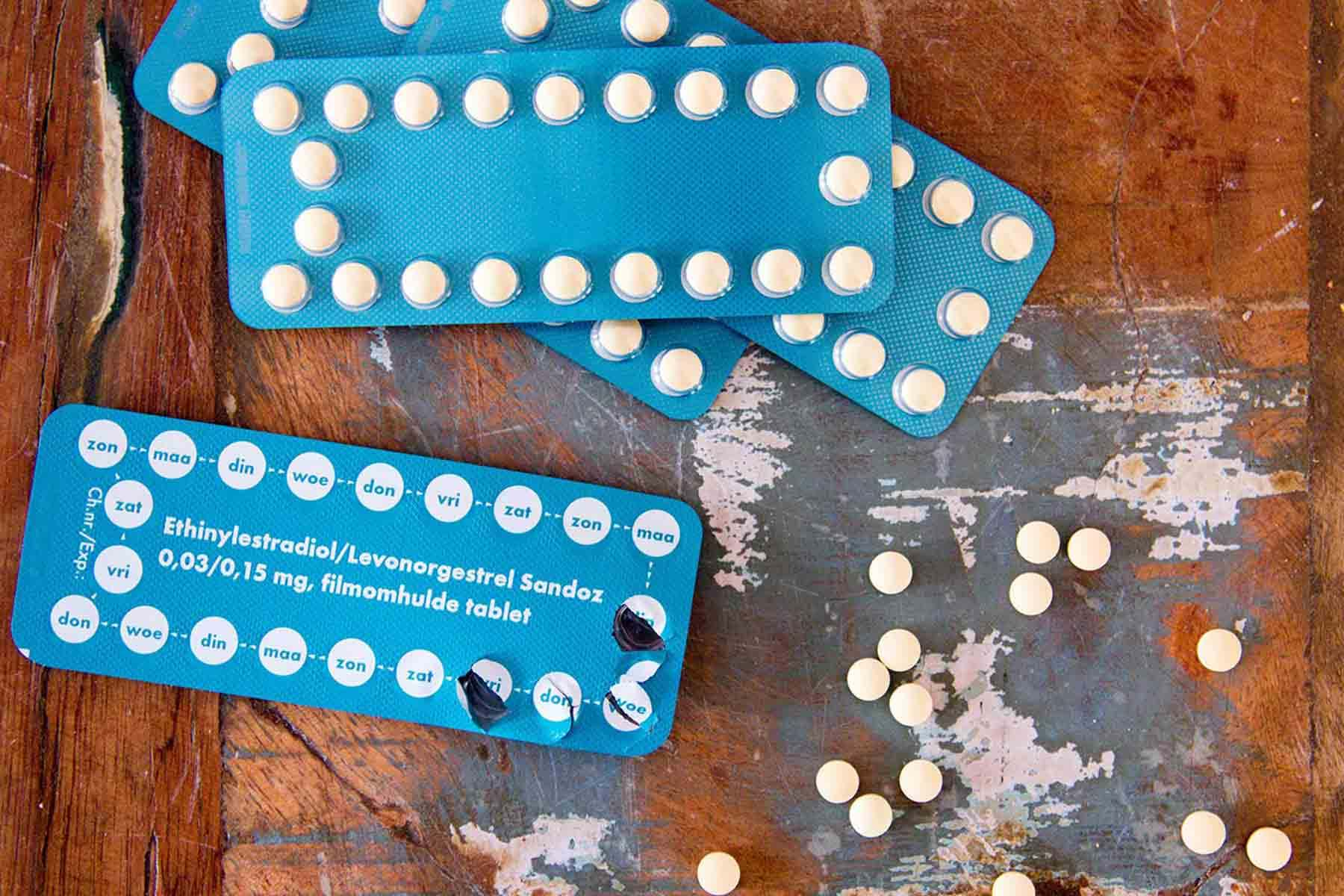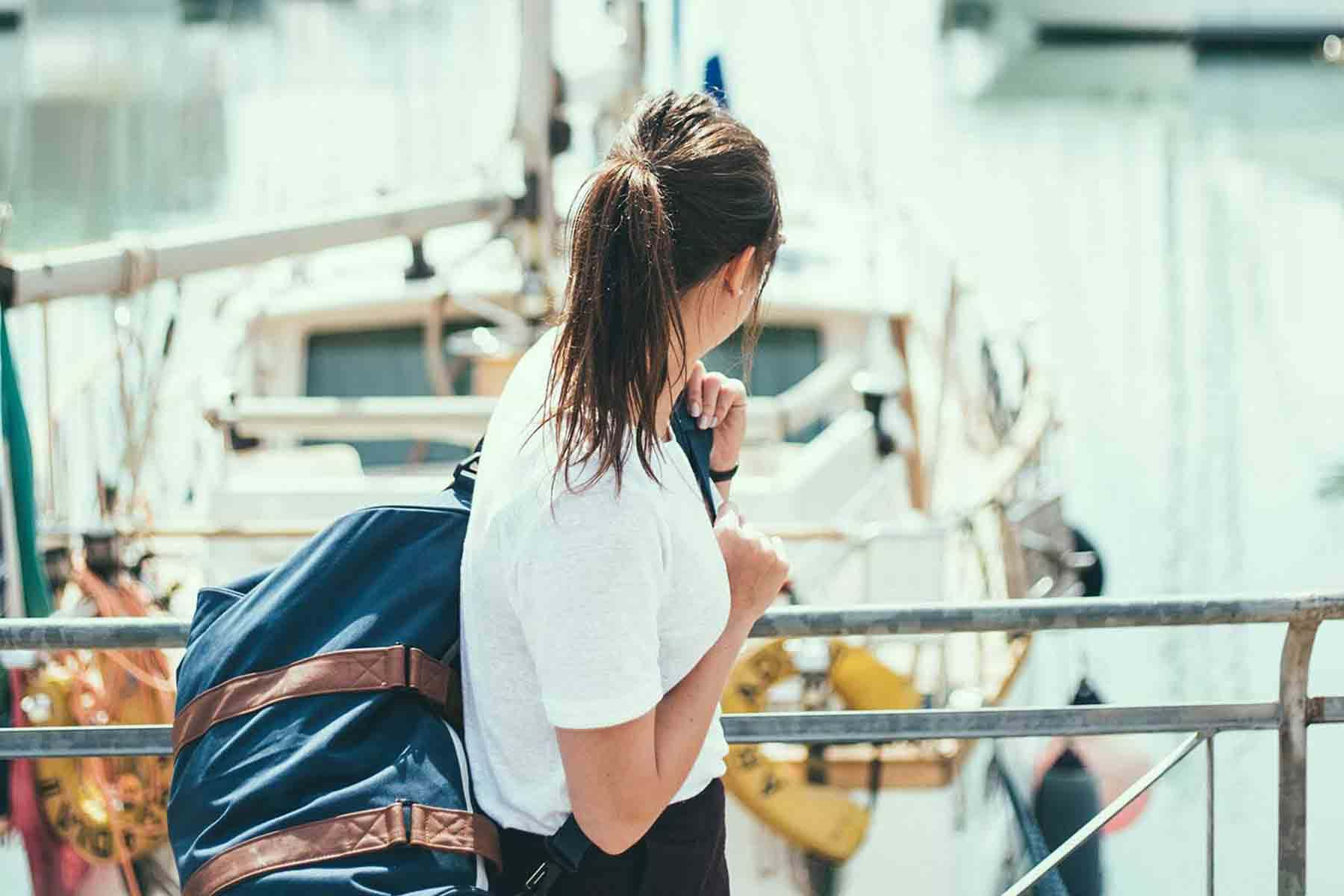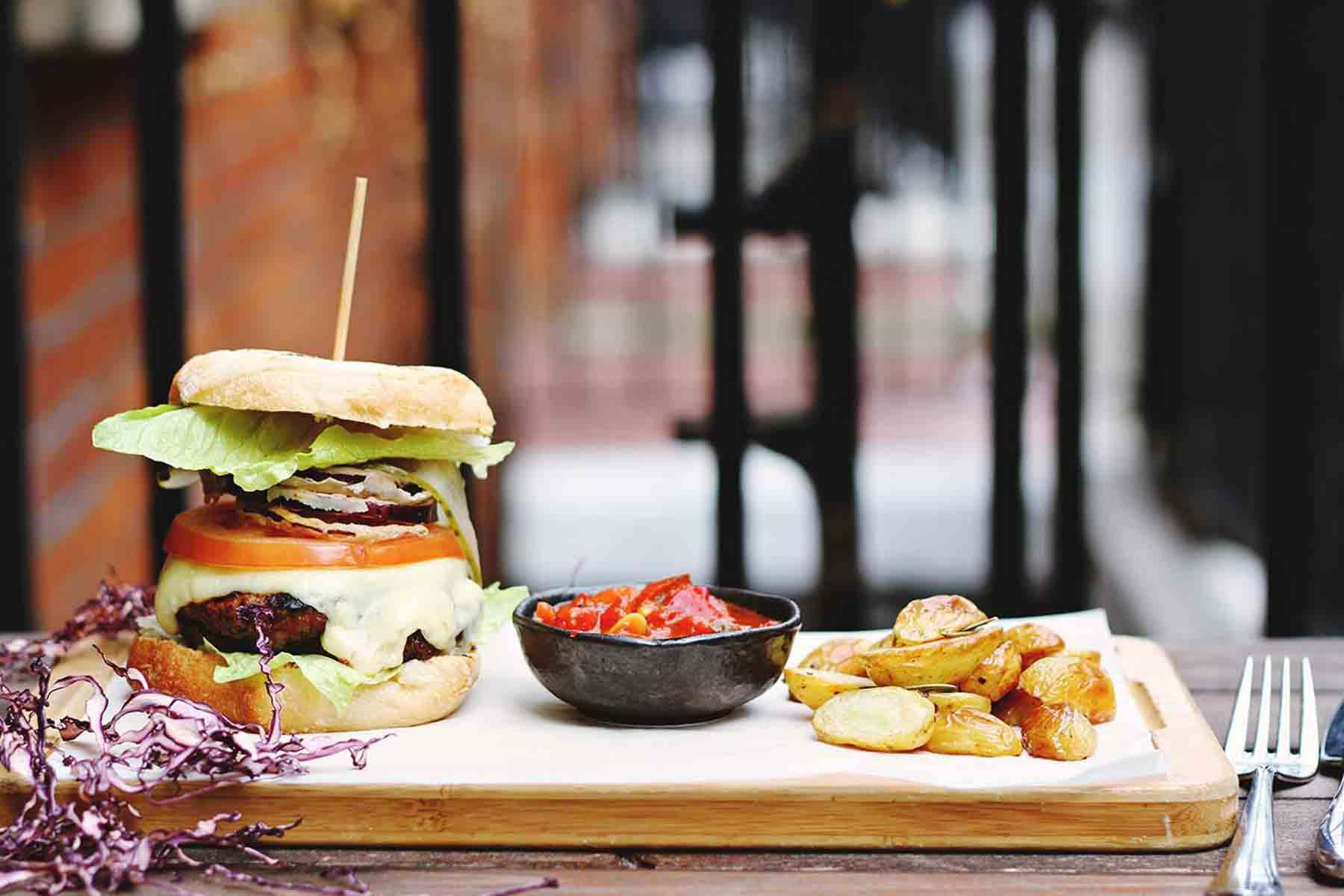
HOW TO STAY HEALTHY WHILE TRAVELING
Health schmealth; we’re on vacation!
When the subject is healthy travel, that’s too often the attitude. Travelers often see travel as an opportunity to let loose.
As travel-health expert Dr. Mark Wise told the BHTP Connexions podcast, “We see our vacations as a time when we can sort of act out of character and take risks that we don’t normally take. And if you go to Cuba, sit in the sun drinking piña coladas all day and having unsafe sex at night, and then get on a motorbike, you’re going to get hurt.”
Adding insult to (literal) injury, many of these same travelers don’t have a bandage around when they need one, to say nothing of a first-aid kit.
While you can’t prevent every accident, injury or illness, you’ll enjoy your trip more if you pack items that can provide relief until you receive medical attention.
It goes beyond packing, though. Before your vacation, think about travel health and safety in three ways: what you should do before you leave home, what you should bring with you, and how to conduct yourself when you’re actually traveling.
 Photo credit: Brooke Lark via Unsplash.
Photo credit: Brooke Lark via Unsplash.
What To Do Before You Leave Home
Your trip-planning process should include planning to take a healthy body on that trip.
So let’s do it right: Don’t get sick in the first place. Eat a balanced diet high in antioxidants and Vitamin C. Get exercise. Take your vitamins. Get plenty of rest.
When you feel sickness coming on, hit it hard. If you’re continually exposed to a wide variety of microbes, try Airborne. It does a good job of lessening the incidence and severity of colds and sore throats. Besides that:
- Get travel insurance. Travel medical insurance covers general medical needs while you’re on your trip, like going to to the doctor or emergency room. Trip cancellation helps if you have to cancel your trip because you get sick or injured.
- Just like when you purchase any other type of insurance, know what is and is not covered. If you’re going scuba diving in Belize, make sure you’ll be covered for injuries related to scuba diving in Belize.
- CDC.gov and travel.state.gov have country-by-country guides on travel health and health policies – like whether you have to pay up front for medical treatment. The sites also have information on local doctors and hospitals, can help with medical evacuations, and can help arrange to have money wired to you from home (just realize that they don’t help pay for your medical expenses themselves).
- Call your health-insurance provider. Ask the nitty-gritty questions to know exactly what is and isn’t covered while you’re traveling. Some good questions to ask for starters are:
– What locations, treatments, or activities are excluded from coverage?
– What qualifies as an emergency?
– Is emergency evacuation included?
– Are pre-existing medical conditions covered?
– Does your insurance require pre-authorizations or second opinions before treatment?
– What would be the copay? Are there any caps on the amount the insurance will cover?
– If you’re going on a cruise, does your coverage stop when you leave U.S. waters?
– Can they guarantee payments to foreign doctors and hospitals?
– Will they pay foreign doctors and hospitals directly? [Note: Medicare and Medicaid do not cover overseas medical services of any kind.]
 Photo credit: Andrew Robles via Unsplash.
Photo credit: Andrew Robles via Unsplash.
- Many healthcare providers have a travel-medicine expert. Make an appointment; tell them where you’re going and discuss specific health concerns.
- If you can’t connect with an expert, ask your own doctor what vaccinations you need updated or what else you need for your travel destinations. Then bring a letter from your doctor describing your specific medical conditions and medicines you take, including generic names, as well as prescriptions, in case you need refills.
- And finally, assemble a travel first-aid kit. It’s not hard, but it can be a real lifesaver.
What You Should Bring With You: The First-Aid Kit
If you travel enough, you’re bound to hear someone say this: “What am I going to do? I’ve packed my prescriptions in my checked bag!”
It’s worth repeating: Don’t pack prescription medicine in checked luggage.
 Photo credit: Simone van der Koelen via Unsplash.
Photo credit: Simone van der Koelen via Unsplash.
Also, don’t put prescription meds in little plastic pillboxes unless you bring the original containers. And take a copy of your prescriptions with you. You’re going to be frustrated if you lose your prescription medicine abroad and don’t have a refillable prescription.
Your prescription meds are a vital part of a well-thought-out travel first-aid kit. Because of the challenge of fitting a lot of important pills and unguents into the smallest possible space, you might want to modify a general travel medical kit available from sporting-goods stores and pharmacies.
Besides prescriptions, your kit should include aspirin, acetaminophen (Tylenol), an anti-diarrheal like Immodium, a topical antibiotic, an over-the-counter antacid like Maalox, motion or seasickness drugs or patches, and perhaps some cough drops or suppressants. If you’re subject to allergies or sinus trouble, throw in OTC allergy medicine or nasal spray.
Also, make room for a digital thermometer, scissors, tweezers, bandages, antibacterial wipes, a mirror, first-aid tape, and moleskin for blisters.
This may not fit in the kit, but if you’re traveling to tropical and subtropical areas, pack insect repellant with at least 30 percent DEET. Look for repellants that are controlled-release and don’t absorb; they’ll last longer.
 Photo credit: Susan Yin via Unsplash.
Photo credit: Susan Yin via Unsplash.
Further protect yourself from mosquitoes by wearing long-sleeved shirts and long pants and avoiding perfumes and after-shave lotions. Don’t get into a bed unless mosquito netting had been draped around it in the afternoon. Not sure if your lodgings will have mosquito netting? Bring your own, from mosquitonets.com.
In addition, these wellness items should find their way into your suitcase or carry-on:
- Honey straws. There’s a broad body of research on the antibacterial effects of honey. In an ideal world, if you’re traveler with a cold, you’ll want to pop some honey every now and then to knock down the bacteria and give your throat a soothing coat. Buy some honey straws, like those from ebeehoney.com, and stick a half-dozen in your bag. When you’re feeling raw, just bite off the end and suck down the honey. And feel the soothe.
- Takeoffs and landings are the worst if your cold has backed up into your ears. Nothing can make these events pain-free, but a good pair of flight earplugs can help. EarPlanes are the most frequently recommended and popular brand of earplugs for dealing with flight-related pressure, but the Earplug Superstore has a complete rundown on all the top brands. Note: If you are traveling with children over the age of three earplugs are a must. If you don’t know why you’ll find out soon enough.
- Masks on airplanes first hit the news during the H1N1 scare, but you’ll find travelers donning masks all the time, especially on international flights this time of year. It looks a little creepy to see a planeload of people wearing masks, but it’s a reasonable precaution for travelers with compromised immune systems or folks who just don’t want to come down with the creeping crud.
(Looking for more packing tips? Consult our complete guide to travel packing.)
 Photo credit: Joseph Pearson via Unsplash.
Photo credit: Joseph Pearson via Unsplash.
You’ll also need to bring along medical paperwork. Here’s what to bring:
- If you don’t have online access to your medical records, carry copies with you.
- Bring your health-insurance card, but even more than that, call your insurance company before you leave and ask what they’ll cover should you have medical problems while traveling. Not all policies cover all situations equally.
- If you wear glasses or contact lenses, bring along a spare pair, as well as eyewear prescriptions.
- Take two copies of your passport with you. Put one in a carry-on and the other in a separate location (not your wallet) or another piece of travel gear. Leave copies of the original documents at home with a friend or relative.
- Speaking of friends or relatives, if they need to reach you in an emergency, don’t count on cell phones working everywhere all the time. Sign up for the State Department’s Smart Traveler Enrollment Program and you’ll get safety and security updates, and an U.S. embassy or consulate will be able to contact you and your loved ones in an emergency.
Health Tips For While You’re Traveling
Okay, you made it to your destination. Now how do you stay healthy? Top-level tips include these:
- Unless you’re a member of Anthony Bourdain’s crew, when in doubt don’t drink the water or eat local cuisine. Food and water from street vendors can be contaminated with disease-carrying parasites and viruses.
- Eat only cooked food that is piping hot. Those tempting dishes found at outdoor markets may have been standing for hours.
- Eat food you can peel like bananas and avoid dairy products like ice cream.
- Stay hydrated, but avoid drinking non-bottled water or drinks with ice cubes, and don’t brush your teeth with tap water. Instead, buy bottled water, or purify water by adding iodine-based purification tablets.
- When you’re flying, this is the No. 1 thing you can do for your own comfort and the protection of those around you. On a plane, the more you drink the less you cough, and the less you cough the less chance of infecting those around you. Proper hydration while flying also lessens the sandpaper-throat feeling that accompanies many colds, making you feel better in the process.
- When you’re flying, this is the No. 1 thing you can do for your own comfort and the protection of those around you. On a plane, the more you drink the less you cough, and the less you cough the less chance of infecting those around you. Proper hydration while flying also lessens the sandpaper-throat feeling that accompanies many colds, making you feel better in the process.
 Photo credit: Toa Heftiba via Unsplash.
Photo credit: Toa Heftiba via Unsplash.
However, even if you follow these instructions, you may feel a little … uncomfortable.
“You go to India and eat spicy food for seven days and you’re surprised that you got heartburn, or greasy food in China for a week and you’ve got diarrhea,” Dr. Wise said. “So it’s not just the infectious food or the poor hygiene and sanitation. I think if you eat differently for a week or two you’re going to have some problems.”
Here’s one more thing to think about: Car accidents are a huge travel concern. Travelers are so busy looking at the Eiffel Tower that they lose sight of what’s in front of them. Wear seatbelts in cars, helmets when riding scooters, and avoid becoming distracted when crossing streets.
 Photo credit: Brooke Cagle via Unsplash.
Photo credit: Brooke Cagle via Unsplash.
Now, suppose you get sick or hurt when you’re traveling. How sick is so sick that you need to see a medical professional?
“If you’re very sick, meaning, in the case of diarrhea, you’ve got lots of diarrhea, and every time you stand up you're a little bit woozy and lightheaded, you might be getting dehydrated, and you might need to see a doctor,” Dr. Wise said. “If you’ve got a fever in a malarious country or a dengue-endemic country, you might want to see a doctor. If you’ve been assaulted or exposed to a sexually transmitted infection, you might want to see a doctor. And if you’ve had something you think you can deal with and in fact it’s not getting better, whether it’s a bad cold or a bad rash or anything, it makes sense to see a doctor.”
As a final note, if you find yourself needing to see a doctor and use your travel health insurance, save all records and receipts! Foreign medical facilities may need you to pay up front, and when you go to file a claim with your insurance provider, they’re going to need documentation.
This is a lot to take in, but these healthy travel tips will soon become second nature. And here’s what else: When you travel healthy, you’ll enjoy your trip more and be less stressed. And isn’t that why you travel in the first place?

Sharyn Alden is a long-time travel writer with a media-relations business, Sharyn Alden Communications, Inc., based in Madison, Wis. Contact her at sharynalden@gmail.com.
Questions About Travel Insurance?
Check out our online guide, "What Is Travel Insurance All About?" We've provided in-depth answers to all your travel insurance questions, starting with the basics.